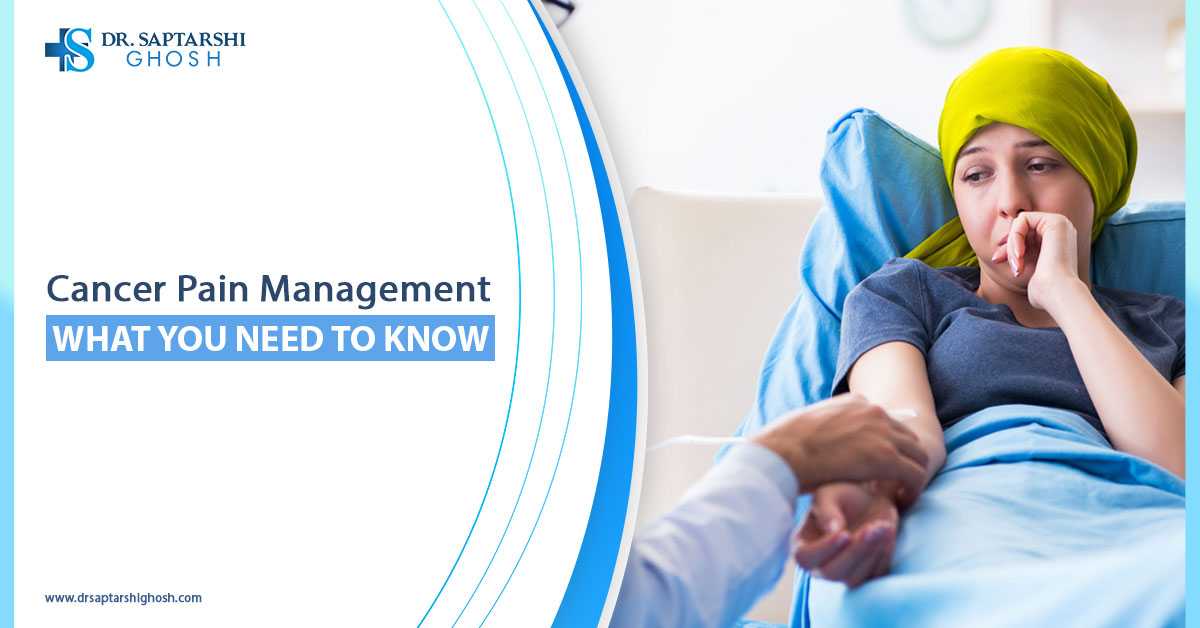Did you know NHS spends more than 200 crores on cancer drugs each year in the UK?
The National Institute for Health and Care Excellence (NICE) which decide whether a new drug is cost-effective for the NHS or not and consider how to spend its money most effectively.
Arrival of New Drugs…
It is quite obvious that clinical trials of any drugs remain vital to ensuring safe and effective. But with the development of new drugs which can be available very soon in the market, those trials give a less complete picture of a drug’s benefits. And at the same time, the NHS is collecting more data on how well patients respond to new drugs after they’ve been introduced into the NHS.
Amazing, right?
That’s why they have teamed up with the Greater Manchester Health to investigate a different approach to drug pricing, known as outcome-based payment (OBP). It links the price the NHS pays for medicine to how much benefit it gives after the medicine is approved!
Challenges in Agreeing Drug Prices
For most of the drugs, the price that NHS pays is generally agreed in advance via negotiation with the drug’s manufacturer. Let’s have a look what actually happens-
- It is usually based on the results of clinical trials showing the effectiveness of the medicine.
- The pre-agreed price doesn’t usually change unless there’s a review of the medicine’s effectiveness.
This means there is not enough data to precisely pin down a drug’s benefits, so it’s hard to translate this into a ‘fair’ price before more data is collected.
While In Case Of OBP…
It is very flexible. Here-
- The money that NHS pays the manufacturer is dependent on how well NHS cancer patients respond to treatment.
- Adjusting a drug’s price once the NHS knows how much it has helped patients to receive new treatments sooner.
When could OBP be used?
The NHS has tried the idea of matching a drug’s price to NHS patient benefit for cancer drugs as well as in other diseases.
However, OBP schemes are complex to agree and run. But it could-
- Offer an important deal in the negotiations between the NHS and a drug’s manufacturer.
- It could be particularly useful for medicines that show early promise in clinical trials.
- Before OBP can be put into other practices, the challenge is deciding how to measure a drug’s value to patients’ treatment.
4 Key Measures of a Drug’s Value
In our new study and based on the survey, there are 4 treatment outcomes emerged as the most important to cancer patients such as-
- Survival
- Disease progression or recurrence
- Return to normal activities
- Long-term side effects
As part of any future use of OBP for cancer medicines, NHS should collect data covering each of these 4 outcomes.
What happens next…
Recent improvements in the data that’s collected in NHS cancer centers make pricing drugs in a more realistic way than in the past. But the data isn’t perfect.
There is a need for doing further research to investigate with NHS show practical it is to collect more data on a day-to-day basis!




